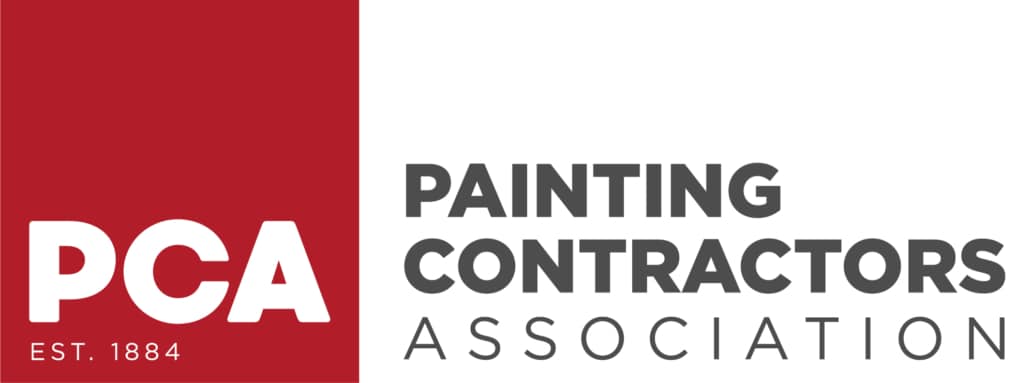How to Prepare a Home Exterior for Painting
 Preparing your home for painting is a little like stretching before a competitive sporting event; some people might see it as optional, but you risk serious consequences if you skip it! Professional painters know that the quality of surface preparation determines the quality of the paint job. That is why painting contractors often spend 50% of the project time getting the home exterior ready to paint. The key to achieving excellence in exterior painting is creating a surface that is clean, sound and primed.
Preparing your home for painting is a little like stretching before a competitive sporting event; some people might see it as optional, but you risk serious consequences if you skip it! Professional painters know that the quality of surface preparation determines the quality of the paint job. That is why painting contractors often spend 50% of the project time getting the home exterior ready to paint. The key to achieving excellence in exterior painting is creating a surface that is clean, sound and primed.
Dust, pollen, mildew and dirt tend to build up on the surface of all houses, even though it is not always apparent. These contaminants will prevent new paint from bonding effectively to the house exterior, so it is vital to remove them. A gentle pressure-washing will remove most surface dirt, but it is not enough if you have mildew on your siding. This must be killed before it is washed off, or it will live on underneath the new paint. Use a fungicidal wash to kill the spores, scrub gently with a long-handled brush, then rinse with a garden hose or pressure washer.
Another part of cleaning the surface is removing any failing paint. If you see any places where the paint on your home is cracked, peeling, bubbling or flaking, it must be removed. This paint will continue to fail under your new coating, and will cause the new paint to fail quickly. Power washing will remove the bulk of very loose paint, but a wire brush or putty knife should be used to scrape off any more failing paint.
A sound surface for painting is one that is smooth and solid, without any rotted wood, large gaps or surface irregularities. If your house has any rotted siding or trim, it must be replaced before painting. Small gaps or holes can be filled with wood filler and sanded smooth. Cracks or joints, especially around windows and doors, should be caulked well to keep out pests and moisture. Loose boards or siding should be properly secured to prevent movement before your paint the home.
Regular house paint will not stick effectively to bare wood, metal, brick or other masonry. If your home exterior has any bare surfaces, ask at your paint store for the best primer for your substrate. The primer will bond to the substrate and create a suitable surface for your topcoat to adhere to. If the surface is vinyl, or if the previous coating of paint is in good condition, then you will not need to prime before you paint.
With over 30 years of painting experience, Brennan’s Custom Painting has the knowledge and skills to prepare your house for a fantastic paint job. We skip no steps when it comes to getting your home exterior ready to paint, so that the new coating will be enduring and attractive, living up to its maximum life-expectancy. We provide painting services to New Jersey and Philadelphia.



Leave a Reply
Want to join the discussion?Feel free to contribute!